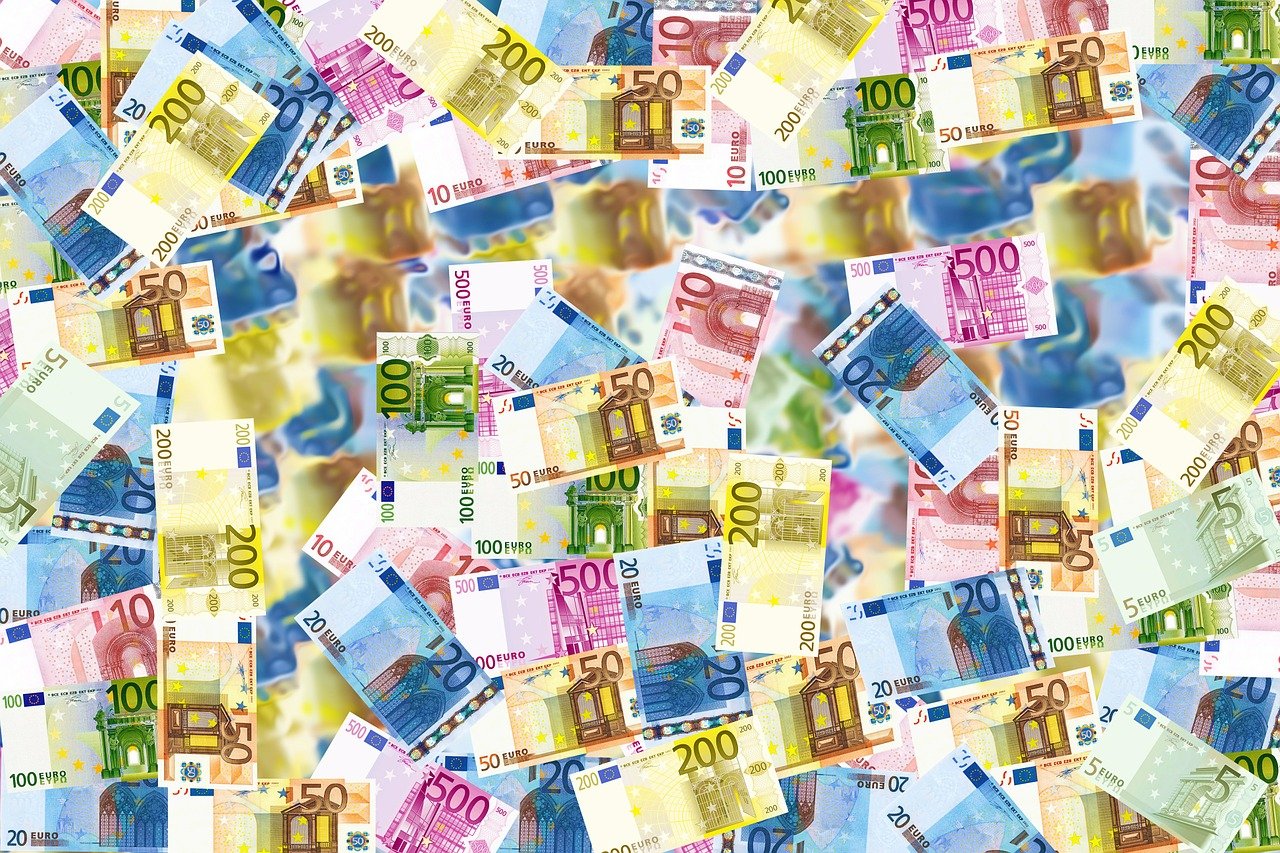Incentives versus goals in today's economy.

Economic theory deals with incentives and their effects since it is a study of cause and effect among humans. This often leads to dramatically different conclusions than people who think mainly or exclusively in terms of goals and their desirableness. The aim of providing “affordable housing” for the poor through rent control will lead to money being diverted to the construction of luxury housing or office buildings, which are excluded from rent control and therefore provide a higher rate of return on investment than housing for people with modest or low incomes.
It is important to stress that these are empirical findings, since some people seem to believe that the position of prices in the economy is merely a hypothesis developed by those who have "confidence in the market." However, it was a Swedish socialist who claimed that rent control “appears to be the most effective strategy actually known to kill a city”—presumably because he lacked such “faith” in the capitalist market.
He was an economist who was well-versed in empirical proof. Another official of the Communist government of Vietnam, some years after the Vietnam war, made a distinction between bombing and rent control. “The Americans couldn't bomb Hanoi during the war, but we have ruined our city by having very low rents,” he said.
Although bombing does more immediate damage to a city, when wars end, many cities in the postwar world have been quickly rebuilt. Rent regulation has a longer-term impact because most people do not grasp the fundamental economics of it, allowing it to continue reducing housing availability for decades.
As easy as this can sound, it runs contrary to many policies and initiatives aimed at making different products and services “affordable” or preventing them from being “exorbitant.” Prices are prohibitive because they restrict how much each person uses. And if something was made accessible by government order, there would be no more than there was when things were prohibitively expensive.

As easy as this can sound, it runs contrary to many policies and initiatives aimed at making different products and services “affordable” or preventing them from being “exorbitant.” Prices are prohibitive because they restrict how much each person uses. And if the government made it accessible, there would be no more than there was when things were prohibitively expensive. There will simply have to be a different form of rationing.
Rationing will also have to be achieved, whether by ration coupons, government influence, black markets, or actually fighting over products as they go on sale, since artificially making things cheaper does not increase overall production. Price "ceilings," on the other hand, appear to cause less production to be generated.
Scarcity is inevitable, but shortages are not. Scarcity basically means that there aren't enough resources to fully fulfill everyone's desires. There was just enough space in the Garden of Eden to do so. A shortage, on the other hand, means that there are customers who are willing to pay the product's current price but can't find it.
Even though many people wrongly assume that there is a greater physical scarcity of products during a shortage, price is an important part of what a shortage is all about. Another way a shortage can be confused with a physical scarcity is when the two are used interchangeably. The high cost of land had pushed up the cost of housing in many California cities, according to a Wall Street Journal report.
Hello @andyblack
Welcome to Project hope.
Incentives are very fundamental to achieve goals, as well as their use and inclusion in strategies nowadays more than ever.
I invite you to check out the economics of Project Hope as well as visit @project.hope.
Have a great day!
Best regards.